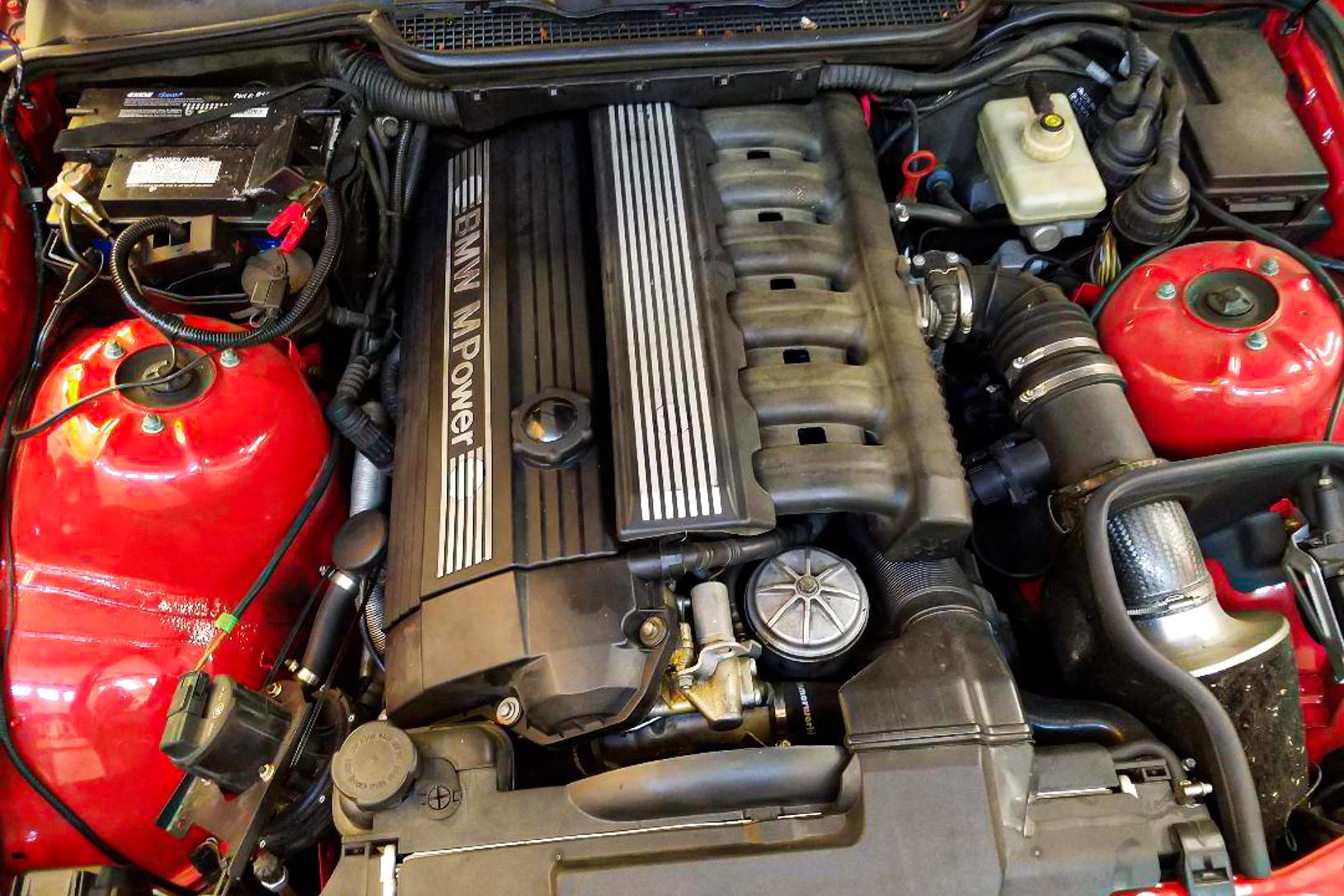BMW 318ti: Efficiency Specs and Features Explained
BMW 318ti: Efficiency Specs and Features Explained
Blog Article
Important Factors To Consider for Picking the Best Engine for Your Demands
In the world of choosing the excellent engine to fulfill your requirements, a number of essential elements need careful factor to consider to ensure ideal efficiency and performance. From the nuanced balance in between power and efficiency to the often-overlooked aspects of maintenance and solution requirements, each facet plays a pivotal function in establishing the most suitable engine for your specific demands.
Power and Performance
When reviewing engines for ideal efficiency, it is critical to prioritize both power outcome and efficiency. Power result determines the capacity of an engine to create energy, which straight affects its performance. A high power output is crucial for demanding jobs such as durable applications or high-speed demands. It ensures that the engine can handle the work properly and effectively. Nonetheless, power alone is not sufficient; effectiveness plays a significant duty in establishing the overall efficiency of an engine. Efficiency refers to just how well the engine transforms fuel right into useful energy. A a lot more effective engine will certainly deliver far better gas mileage, reduced exhausts, and minimized operating costs. Striking the right balance between power result and effectiveness is vital to picking an engine that meets your details needs. It is essential to think about variables such as the planned use the engine, ecological impact, and long-lasting price effects when making this decision. By carefully assessing both power and effectiveness, you can choose an engine that supplies optimum efficiency and meets your demands properly.
Fuel Efficiency and Economic Situation
Fuel effectiveness refers to the engine's capability to transform fuel right into power with very little waste, straight influencing operating expenses and environmental sustainability. Engines with higher gas effectiveness not only lower gas expenses yet additionally lower carbon exhausts, contributing to a greener procedure.

Compatibility and Application
Taking into consideration the gas performance and economy of an engine, the following essential aspect to address is its compatibility and application within details functional contexts. Compatibility refers to exactly how well the engine incorporates with the overall system or tools it powers.
Various engines are designed for specific objectives, whether it be industrial machinery, aquatic vessels, automobiles, or power generators. Comprehending the desired application enables for the option of an engine that can provide the needed power output, torque, and operational characteristics.
Maintenance and Service Requirements
Maintenance and service needs play a critical role in ensuring the long life and optimum efficiency of an engine. Regular upkeep is vital to stop failures, extend the life-span of the engine, and preserve its efficiency. When picking an engine, it is essential to consider the supplier's recommended maintenance timetable and the availability of solution centers or certified technicians.
Factors such as the frequency of oil changes, filter substitutes, and total examinations can significantly affect the engine's efficiency. Some engines may need more regular maintenance based upon their design and use, while others might have longer intervals between upkeep checks. It is crucial to follow these solution requirements to stay clear of expensive fixings and unanticipated downtime.

Expense and Budget Factors To Consider
When selecting an engine for a certain application,Budget restrictions commonly play a substantial function check my reference in the decision-making procedure. When taking into consideration the expense and budget address plan implications of selecting an engine, it is vital to analyze not just the first acquisition rate but also the lasting expenses linked with upkeep, fuel consumption, and potential upgrades or repair services. It is critical to strike an equilibrium in between the upfront price of the engine and its general lifecycle prices to guarantee that the chosen engine remains financially sustainable throughout its operational life-span.
Factors such as gas performance, integrity, and sturdiness can directly influence the complete price of possession of an engine. While an extra expensive engine might have higher ahead of time prices, it can potentially result in lower maintenance and fuel costs over time, thus using much better worth in the lengthy run.
Verdict

Fuel effectiveness refers to the engine's capability to transform gas into power with marginal waste, directly influencing operating expenses and ecological sustainability.Aspects influencing gas efficiency include engine style, combustion performance, and total performance optimization. In addition, choosing the suitable gas type and grade as recommended by the engine producer can additionally review improve efficiency and extend engine life-span.
Engines with excellent serviceability features and conveniently offered parts can reduce maintenance prices and minimize the time the engine is out of operation - bmw 318ti. It is essential to strike a balance between the in advance expense of the engine and its general lifecycle expenses to guarantee that the selected engine continues to be financially lasting throughout its operational lifespan
Report this page